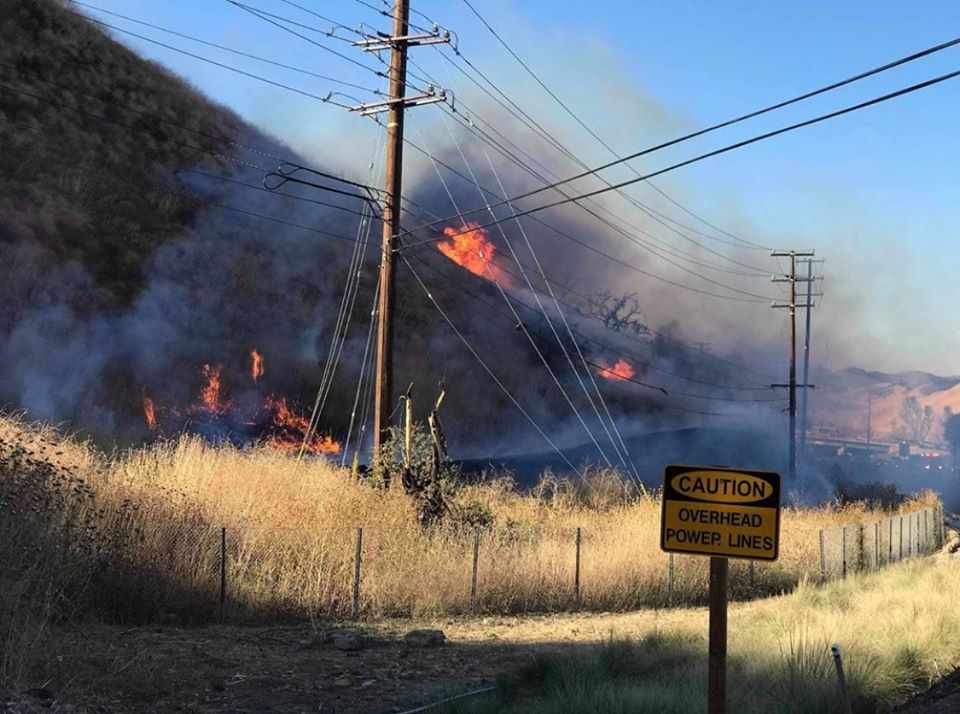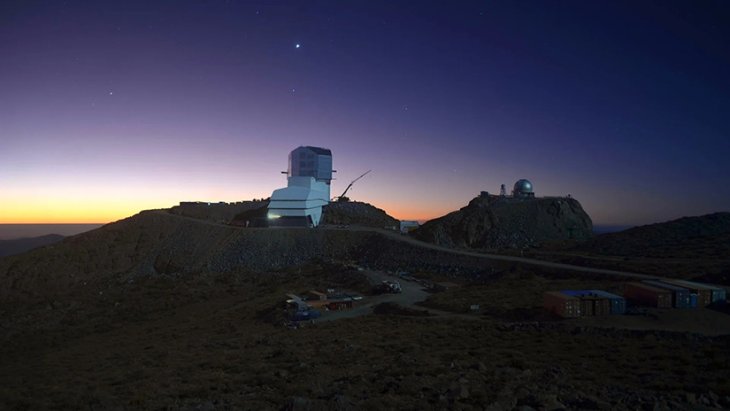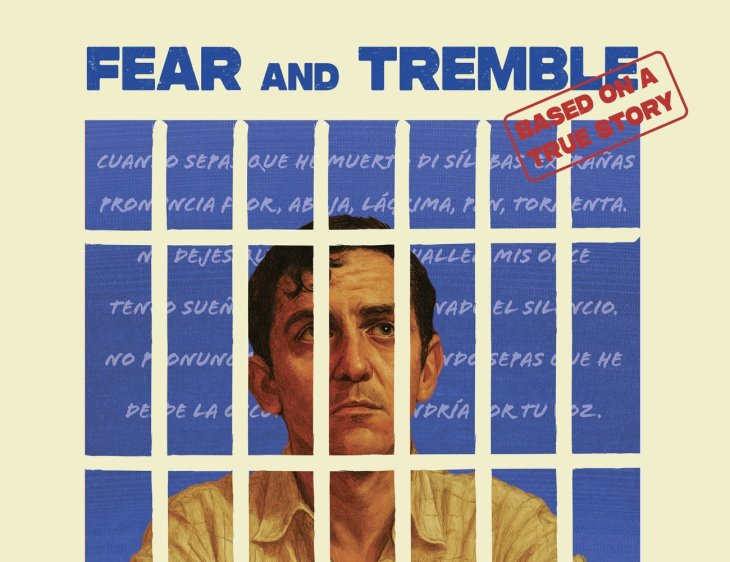“LADWP has been acutely aware of these risks”, reads claim
By Sam Catanzaro
Brentwood homeowners who suffered losses in the Getty Fire are taking legal action against the Los Angeles Department of Water and Power (LADWP), seeking monetary damages for the fire, which burned more than 700 acres for over a week in late October.
As reported by Bloomberg News, the plaintiffs are owners of a multimillion-dollar, 1,540-square foot home in Brentwood that was one of 27 homes destroyed or damaged in the fire.
The Los Angeles Fire Department says the fire, which forced widespread evacuations in Brentwood and Pacific Palisades, was sparked by a tree branch falling on a city-owned powerline.
According to the claim, which seeks monetary damages, LADWP was aware for years about the hazardous state of its electrical system infrastructure and the department could have prevented the blaze with better brush and vegetation control.
“LADWP has been acutely aware of these risks and their catastrophic results for a significant period of time,” reads the complaint per Bloomberg News.
According to city officials, less than 10 percent of wildfires in California are ignited in some form by power lines. Of these fires started by power utilities, 38 percent are the result of downed or impacted power lines (including by mylar balloons), 18 percent are due to failed hardware and 16 percent are attributed to vegetation contact. The remainder are due to line slapping and animal contact.
Because power lines have recently sparked several of the large-scale wildfires in California, Councilmember Paul Koretz has introduced a motion asking the LADWP to report back on the feasibility, including costs, to underground electric distribution facilities in LAFD designated Very High Fire Severity Zones.
According to Koretz, the portion of fires caused by vegetation contact with electrical facilities may decrease if power distribution facilities such as poles and wires are underground rather than overhead.
“Our climate is not going to get better, it’s going to get worse and likely much worse, depending on how successful we are in reducing our greenhouse gas emissions over the next decade. Which means these horrific fires will continue to persist in their size and scope and relentlessness,” Koretz said. “If re-engineering our power system in an affordable manner will help cut down on fire ignition points, we should look into it. This motion will at least start that conversation.”


























